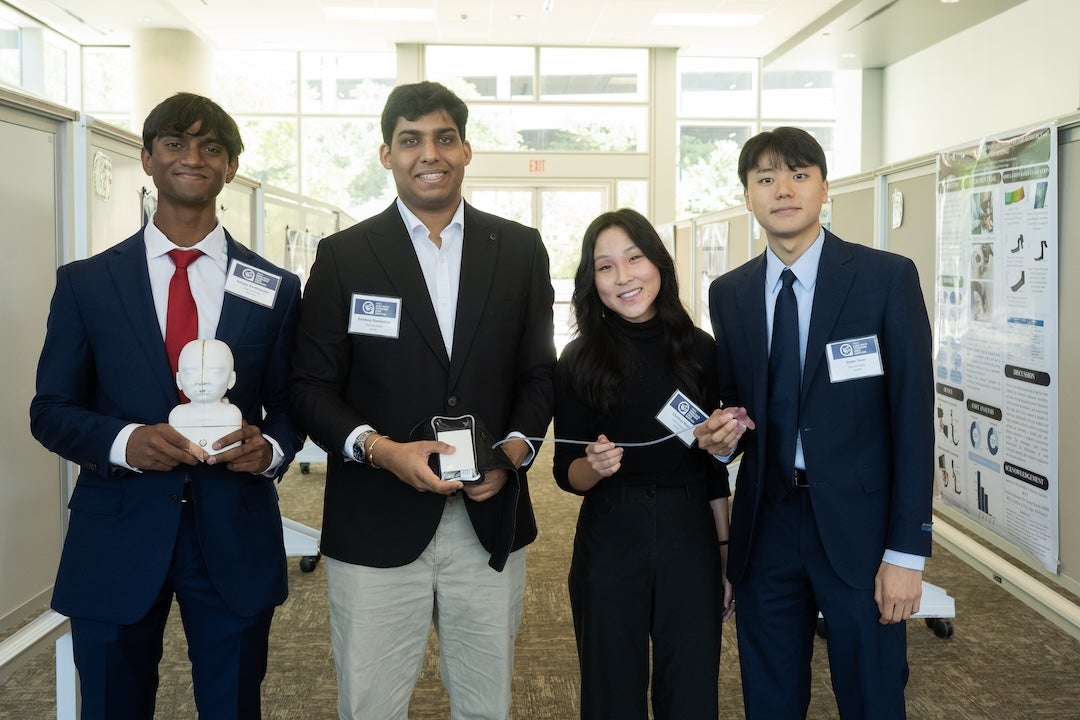Rice University Hosts 15th Annual Undergraduate Design Competition
The Rice360 Institute for Global Health Technologies held its 15th annual Undergraduate Design Competition on April 11, 2025, at Rice University. The event brought together 22 student teams from 18 universities across eight countries to showcase innovative, affordable solutions for healthcare challenges in low-resource settings.

The competition featured projects such as a neonatal jaundice treatment system, low-cost customizable prosthetics, an affordable retinal camera for glaucoma detection, and assistive technology for individuals with hearing and speech impairments. Kiara Lee, director of education strategy for Rice360, emphasized that the event provided students with a platform to demonstrate their technical skills, critical thinking, and ability to communicate complex ideas.
Global Reach and Impact
The competition’s global reach was a significant aspect, with students from Bangladesh, Canada, Ethiopia, Peru, Uganda, and the U.S. participating. Keynote speaker Patricia J. García, professor at Cayetano Heredia University and former health minister of Peru, highlighted the importance of preparing the next generation of global citizens to address health challenges and create context-appropriate solutions.
A diverse panel of judges evaluated the projects based on technical merit, creativity, and commitment to equity and sustainability. The winners received over $14,000 in prizes, with Team HemoSave from Duke University taking first place for their real-time blood loss monitoring device.
Award-Winning Projects
-
First Place: HemoSave – Duke University A cost-effective, real-time blood loss monitoring device to improve detection of postpartum hemorrhage.
-
Second Place: QBiT – Queen’s University An affordable, body-powered above-elbow prosthetic leveraging 3D printing and open-source design.
-
Third Place: BiliRoo – Calvin University An innovative technology integrating filtered sunlight phototherapy with kangaroo care for neonatal jaundice treatment.
Other notable awards included:
- Crystal Sea Award: All Eyes – University of Texas at Austin A low-cost liquid-lens phoropter for affordable vision care.
- Diversity, Equity and Inclusion Award: SignTalk – Shahjalal University of Science and Technology An assistive technology platform for individuals with hearing and speech impairments.
- Public Invention – Open-Source Award: Manuvera – Bangladesh University of Engineering and Technology A low-cost, customizable prosthetic solution for pediatric amputees.
- People’s Choice Award: The Guardian – University of Lagos A noninvasive diagnostic device for detecting amniotic fluid leakage.
The competition not only showcased technological innovation but also emphasized the importance of global collaboration and empathy in addressing healthcare challenges. As Lee noted, “This competition is about preparing students to become the next generation of innovators who will lead with empathy, creativity, and a commitment to global health equity.”


